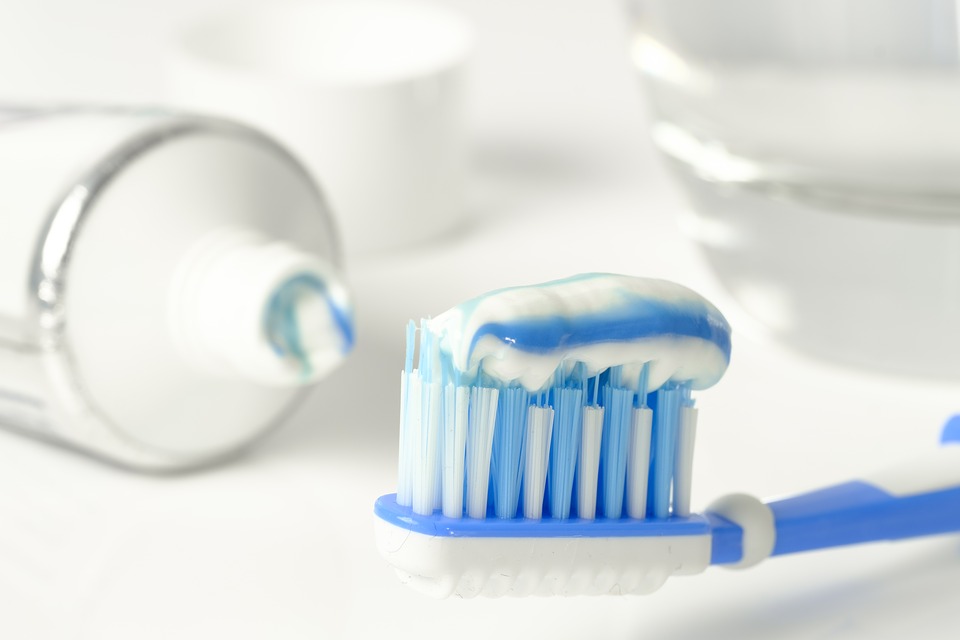
Imagine being able to benefit from a quick and painless treatment that can prevent cavities rather than having to go to the dentist to get fillings and crowns or, in the most serious cases, root canals. Yes, you read that right; we are talking about fluoride treatment! Never heard about it? No worries! In this article, we discuss about this treatment and its numerous benefits. Keep reading to learn more!
What Is Fluoride?
Fluoride is a mineral that strengthens, helps renew tooth enamel and prevents cavities. In some countries, for over 70 years, the majority of tap water has included small amounts of fluoride to combat tooth decay.

However, it is not recommended to use too much of it, because it can cause fluorosis, which stains teeth in its mildest form, but if it is severe, it can destroy the enamel. As in other medical situations, it’s not always better to have more: you have to find the right balance to avoid cavities without causing fluorosis.
Why Is Fluoride So Important for Teeth?
Fluoride has been shown to reduce the appearance of cavities by more than 50%, but it is also beneficial in other areas, including:
- Benefits the alignment of teeth
- Influence the proper formation of teeth
- Provides benefits prior to tooth breakage
- Decreases the gravity of periodontitis
As you can see, fluoride is very beneficial for oral health. It is only when fluoride is exposed or ingested excessively that enamel can be damaged. This is called “speckled enamel”. However, if since a young age, a pediatric dentist controls the amount of fluoride received from the beginning and maintains it throughout infancy, the protection it provides to temporary teeth, and later to permanent teeth, will be of utmost importance.
Where Can You Find Fluoride?
Fluoride can be found as an ingredient in toothpastes, gels and varnishes and as a rinse-off liquid. It is also found in drops or pills and, in some countries, as mentioned earlier, in tap water. Then, there is fluoride treatments carried out by dentists.
What Is a Fluoride Treatment?

Fluoride operates by restoring minerals to the dental surface where bacteria might have worn away the enamel and a person at risk of cavities may benefit from fluoride treatment. A fluoride treatment are generally professional procedures with high concentrations of fluoride that a hygienist or dentist will administer to a person’s teeth to reduce the risk of decay and enhance dental health. Although it can’t eradicate decay, by creating a more resistant outer layer, it can prevent decay from reaching deeper areas of the teeth. These in-office treatments can take the form of a solution, gel, foam or varnish.
There are also high-concentration fluoride treatments that people can use at home, but only under the specific direction of a dentist. The use of fluoride by dentists in these treatments is similar to the use of fluoride in toothpaste. However, the treatment includes much higher amounts and may provide quicker benefits.
More Detailed Benefits of Fluoride Treatments
Fluoride has several advantages for teeth:
- It helps the body make better use of minerals such as calcium and phosphate. Teeth reabsorb these minerals to repair weakened tooth enamel.
- It binds to the tooth structure as the teeth become stronger to consolidate the enamel, leaving them more resistant to bacteria and decay for life. It reduces or even reverses the growth of cavities by destroying the bacteria that cause them.
Together, these benefits can help:
- Reduce the risk of cavities
- Slowing the growth of caries
- Delay the need for expensive dental work
- Extend the life of baby teeth
- Decrease the time and money a person has to spend at the dentist’s office
- Fluoride treatment can also help prevent gum disease, reduce dental pain and prevent premature tooth loss while slowing the growth of bacteria and preventing cavities.
Are you seeking a dentist that can perform fluoride treatments or advice you more on this procedure? Check out Dr. Nicholas B. Rowley who offers a comprehensive spectrum of dental treatments for patients of all ages in Melbourne, FL.



